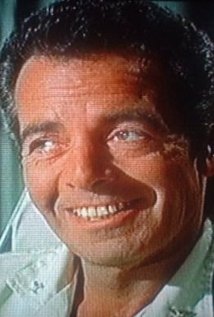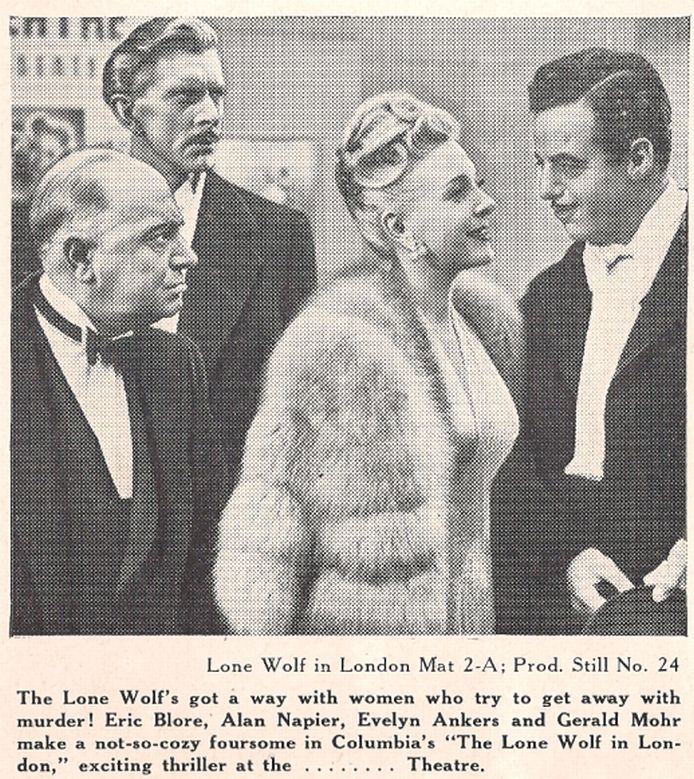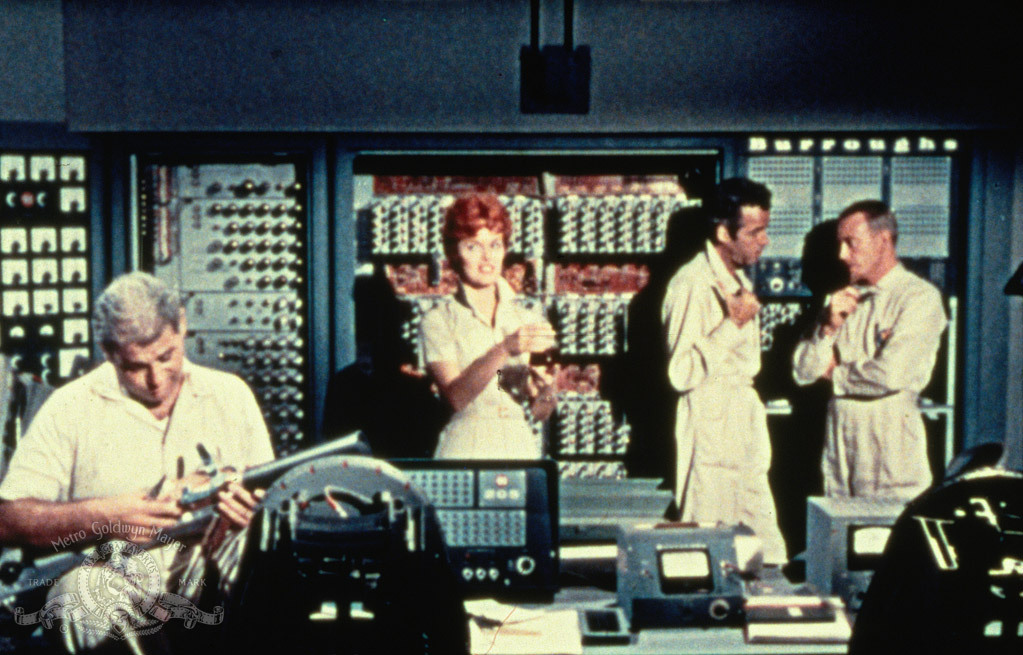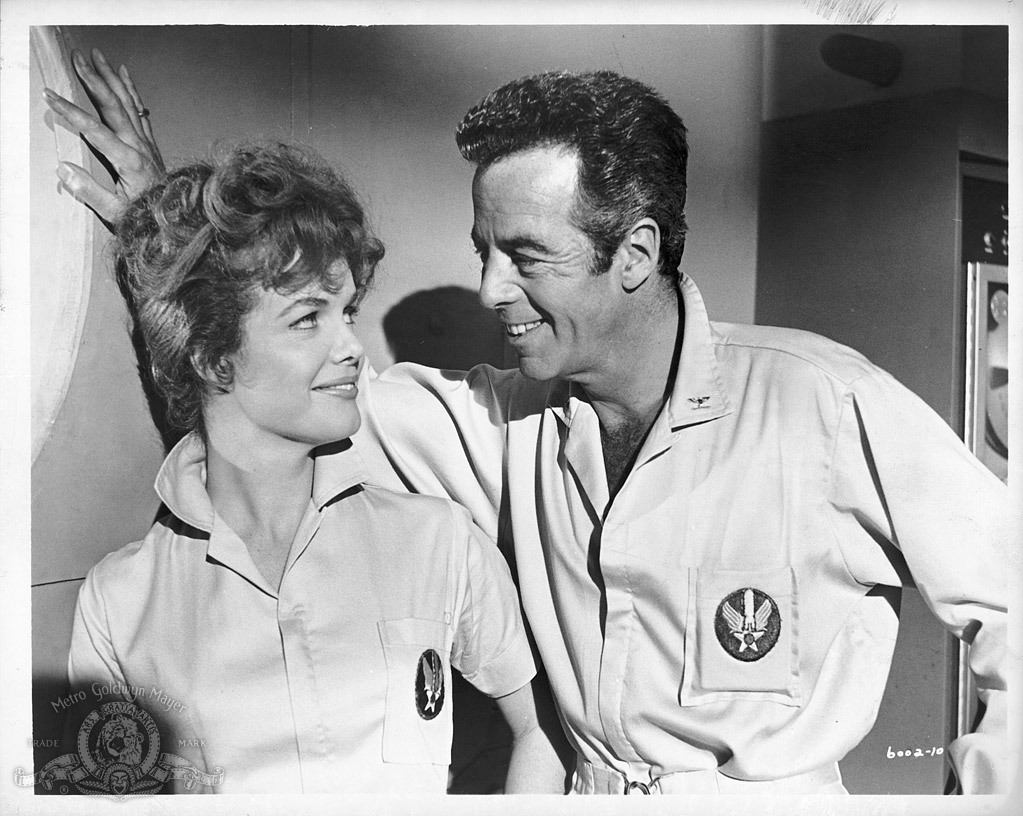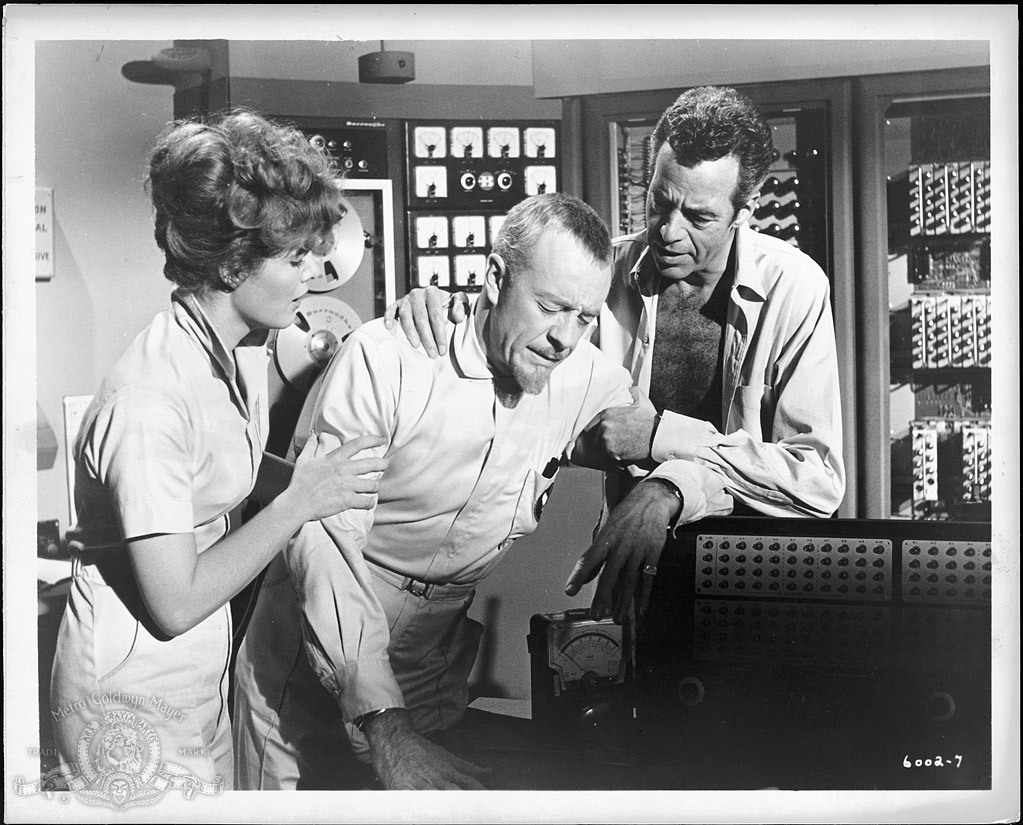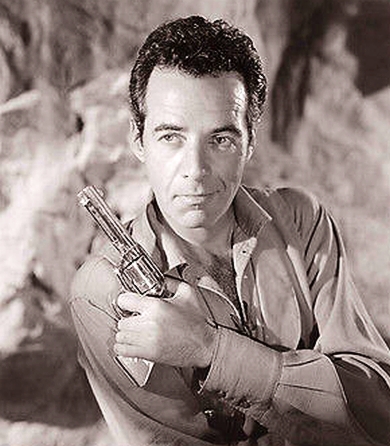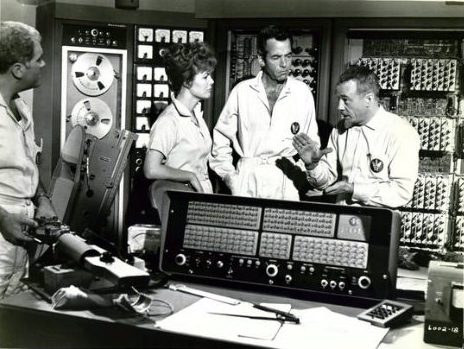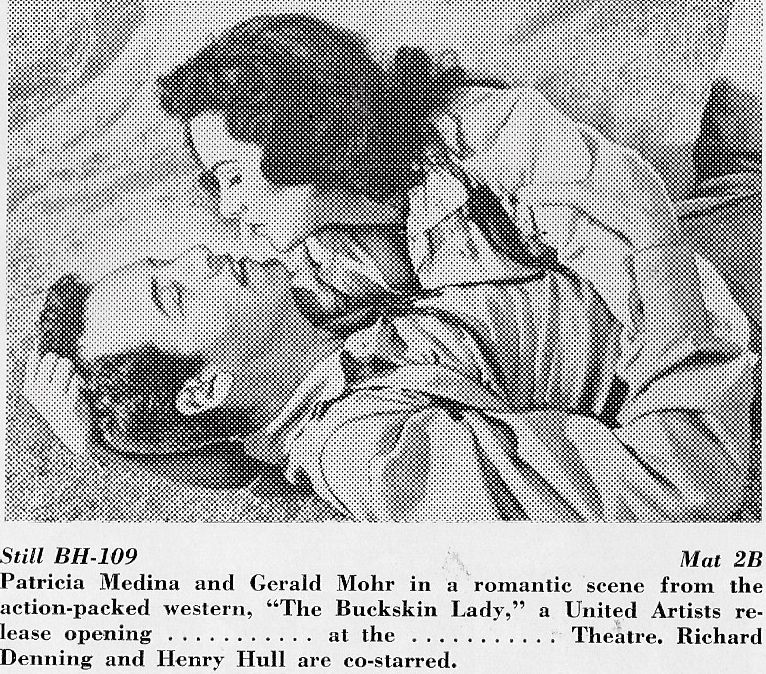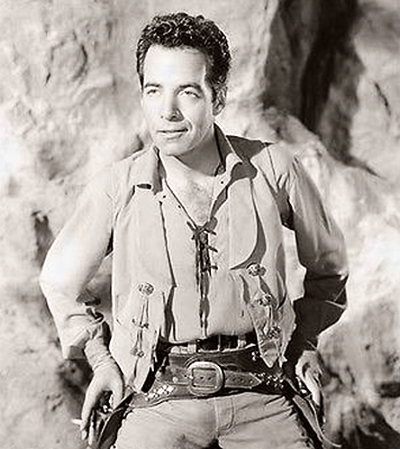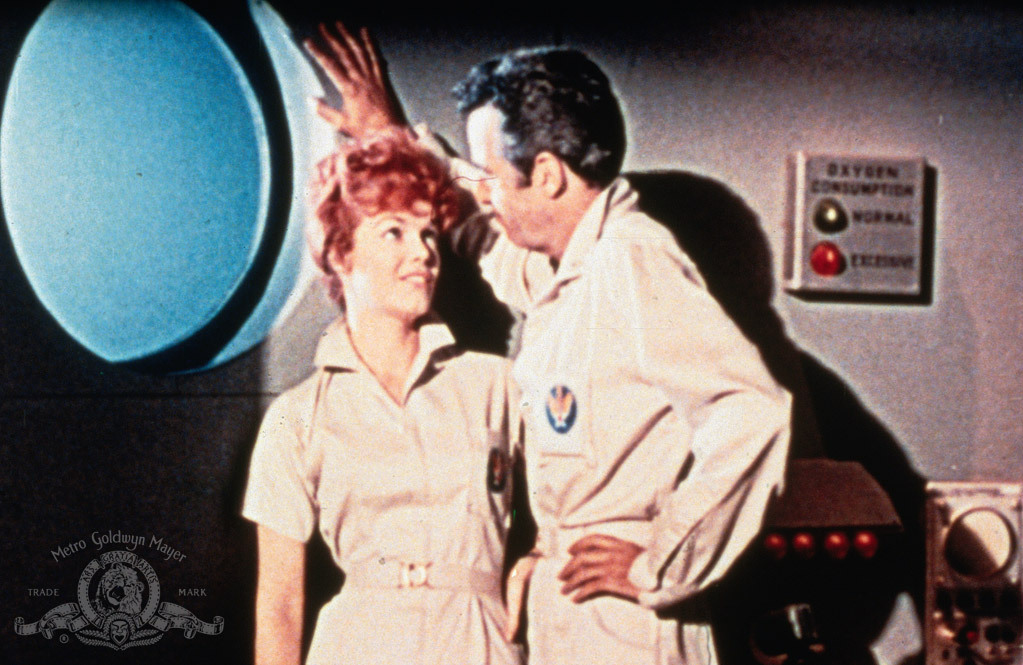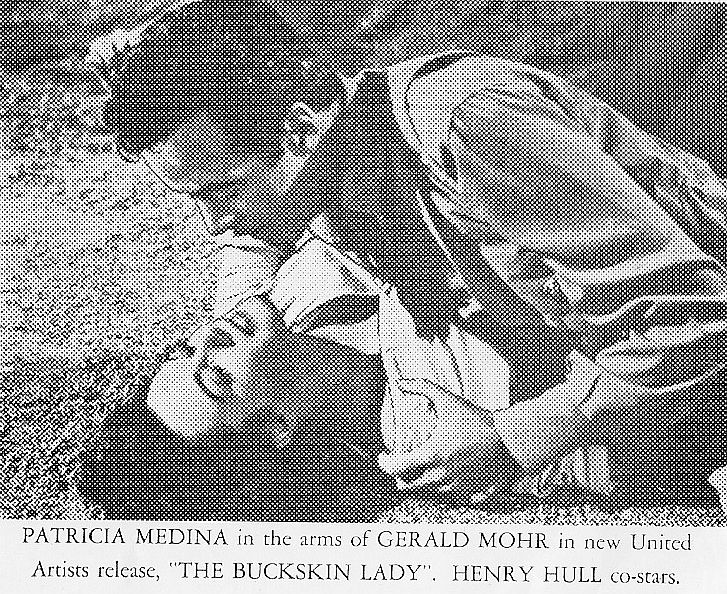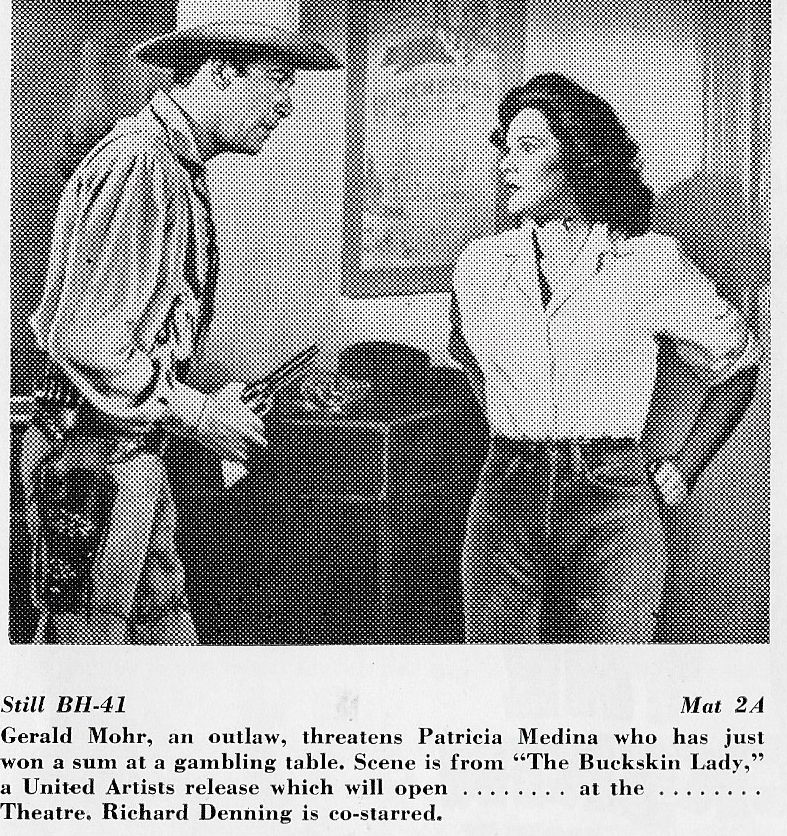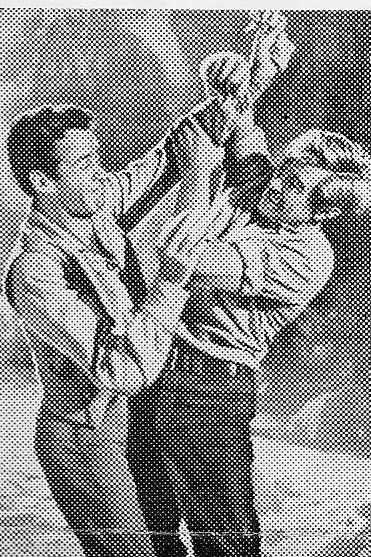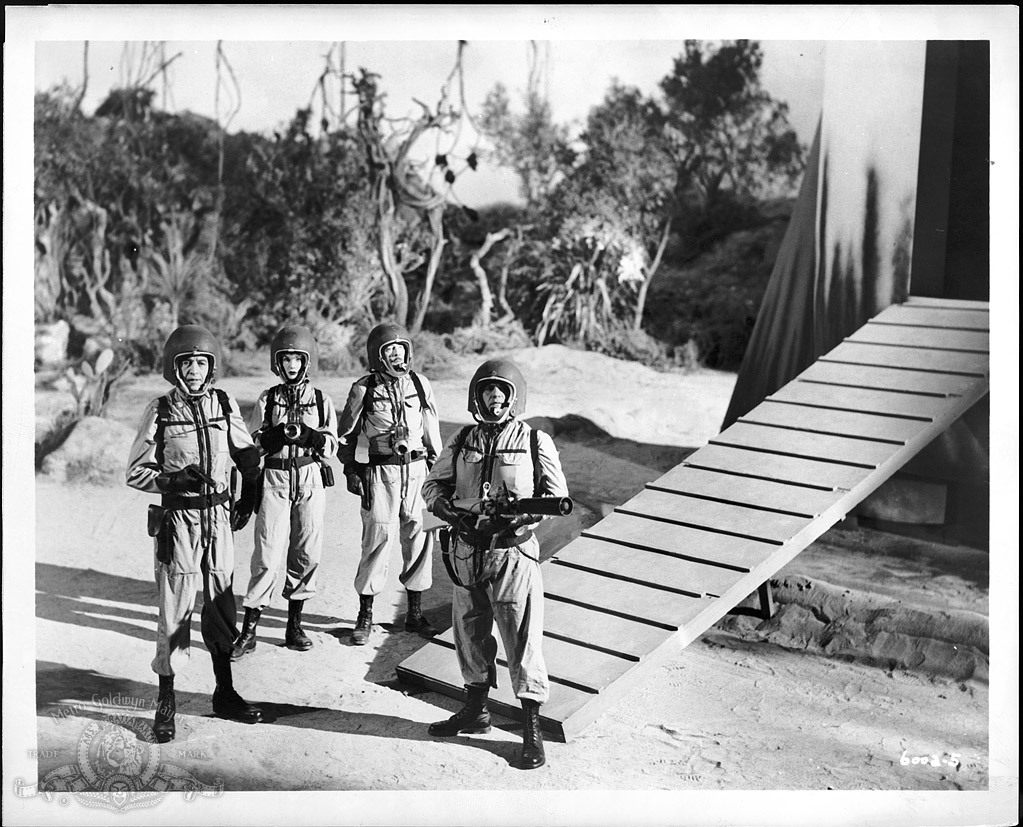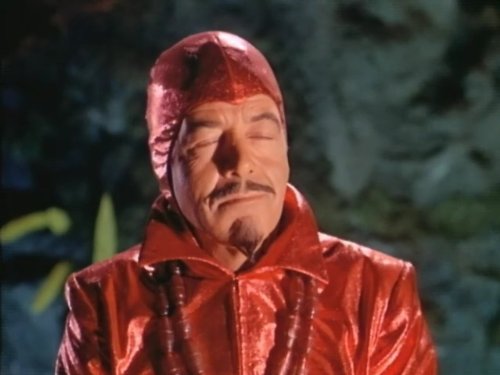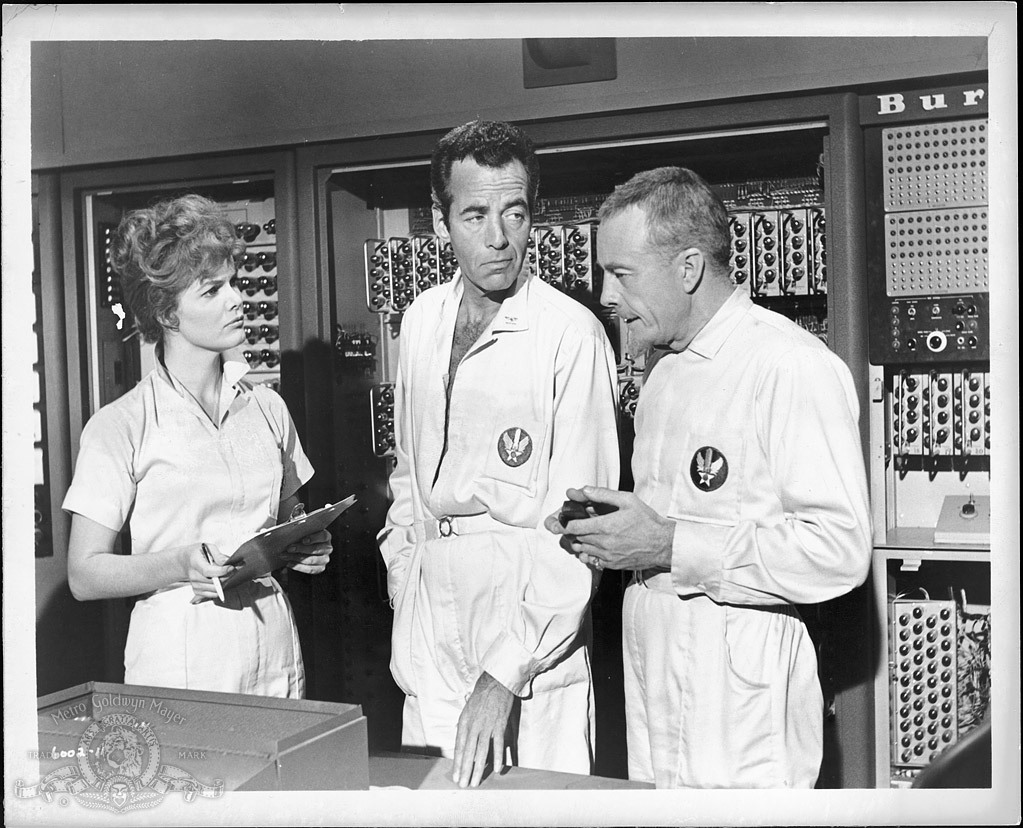Bearing a strong resemblance to Humphrey Bogart certainly helped in typecasting the handsome Gerald Mohr into "B" film noir. Born in New York City in 1914, he was the son of Sigmond Mohr and Henrietta Noustadt, a Viennese singer. In 1920 his father was killed in a tragic accident while at work when Mohr was five years old, and he was rais...
Show more »
Bearing a strong resemblance to Humphrey Bogart certainly helped in typecasting the handsome Gerald Mohr into "B" film noir. Born in New York City in 1914, he was the son of Sigmond Mohr and Henrietta Noustadt, a Viennese singer. In 1920 his father was killed in a tragic accident while at work when Mohr was five years old, and he was raised primarily by his mother and maternal grandfather, who was a psychologist and associate of Dr. Sigmund Freud, the famed psychoanalyst. Mohr became a fervent student of Freud as a result of this association. He was taught to ride and play piano at an early age and attended the prestigious Dwight Preparatory School in New York. Even as a teen, Mohr possessed a smooth vocal delivery and landed a job as a staff broadcaster for CBS Radio, which in turn opened the door for him to Orson Welles and his Mercury Theatre. Mohr made his Broadway debut in the minor role of a gangster in "The Petrified Forest," the same play that put Bogart on the map.His first starring role in films came with the serial Jungle Girl (1941), in which he played principal villain Slick Latimer. However, because of his pleasant, distinctive baritone voice, it was radio that became Mohr's meal ticket during the 1940s, and he signed on for a number of popular suspense thrillers such as "The Adventures of Philip Marlowe" and "The Whistler." In 1949, "Radio and Television Life" magazine named Mohr as the Best Male Actor on Radio.After a number of bit parts, he finally won a noticeable role in Lady of Burlesque (1943) with Barbara Stanwyck, after Welles referred him to the film's director, William A. Wellman. Following WWII service with the Air Force, Mohr returned to acting and found his niche in intrigue, playing the title role in The Notorious Lone Wolf (1946) and its two sequels, along with Passkey to Danger (1946), Dangerous Business (1946) and The Truth About Murder (1946). As much as he wanted to extricate himself from this trenchcoat stereotype, he continued to chug along in the 1950s with the same type of roles represented by The Sniper (1952), Invasion, U.S.A. (1952) and Guns Girls and Gangsters (1958). His final leads were in This Rebel Breed (1960) and the low-grade sci-fi thriller The Angry Red Planet (1959). In 1954-55 he starred as Christopher Storm in 41 episodes of the Swedish-made TV series Foreign Intrigue (1951).Finding film work scarce in the following decade, he found regular work on TV, guest starring in over 100 dramas, ranging from TV westerns like Maverick (1957), Bronco (1958), Cheyenne (1955) and Bonanza (1959) to action/courtroom series such as 77 Sunset Strip (1958), Hawaiian Eye (1959) and Perry Mason (1957), among many others.His last movie role came in the top-notch musical Funny Girl (1968) starring Barbra Streisand and Omar Sharif, in which Mohr was featured as Tom Branca, one of Nicky Arnstein's cronies, who offers to help Fanny Brice out by giving the proud but debt-ridden gambler a prime casino job.Mohr was overseas in Stockholm, Sweden, where he had just completed filming the pilot of a new TV series called "Private Entrance" when he suddenly died of a heart attack at the age of 54.
Show less «

